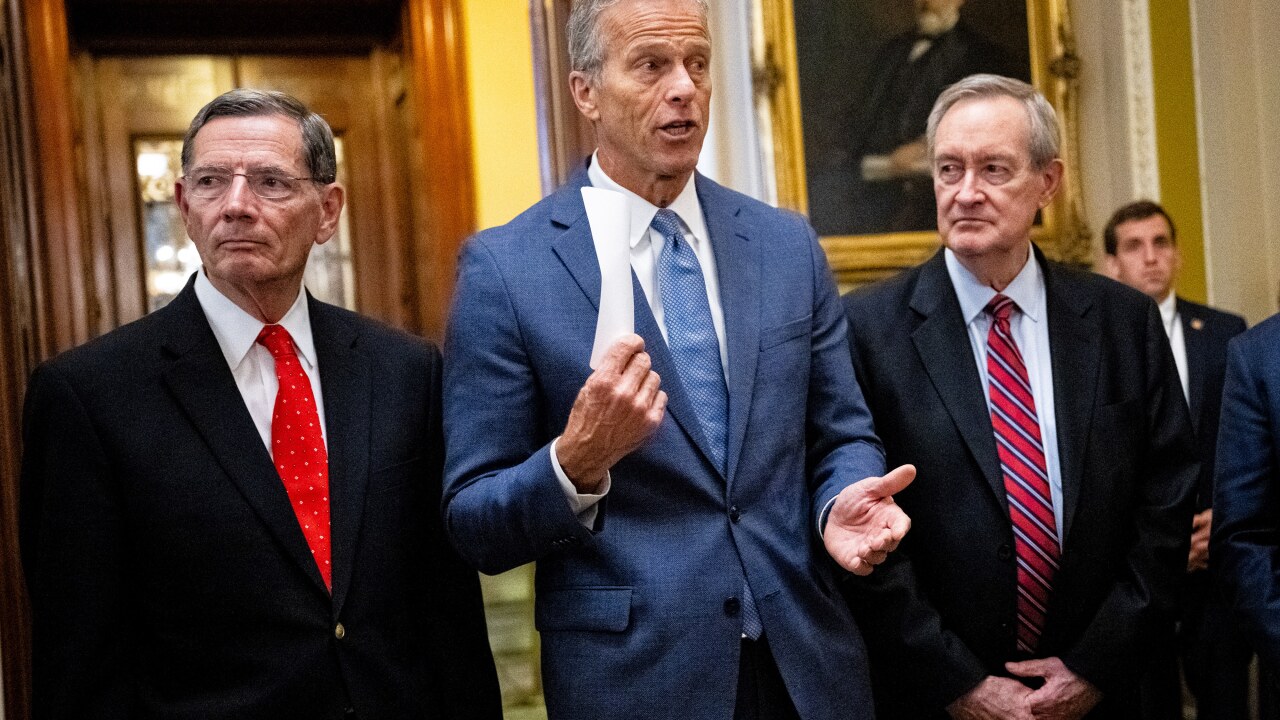When President Biden
A part of the executive order that received less attention, despite being just as important, was the call from the White House for competition in financial services. Decades after the introduction of the internet, and despite the availability of many options, payments remain
For competition to thrive, a truly interoperable payment system is needed — one where providers have to give their customers the ability to send money to and receive money from the customers of their competitors, and to do it quickly and affordably.
Today, consumers and merchants are locked into “walled gardens.” Moving money between banks is expensive, and moving it between digital wallets is often impossible.
The result is limited choice and competition, and network effects reinforcing the advantage of incumbents. Consumers have to do business with incumbent financial services providers, while on the merchant side, card networks retain significant market power because of their gatekeeping role. This allows them to impose high fees and limit the ability of merchants to offer discounts when consumers pay with cheaper alternatives.
There is a path forward if regulators choose to take it, and it starts with interoperability — letting individuals and businesses escape existing providers’ walled gardens and giving them the ability to send and receive payments to and from everyone else in a safe and compliant way. This would decouple the choice of a provider from the choice of whom one can transact with, leveling the playing field and forcing firms to compete on price, functionality, privacy and other dimensions of quality.
It would also allow startups to offer compatibility with the existing installed base of incumbents, acting as a powerful equalizer.
But how is it possible to build interoperability and neutrality into a new system and protect these principles in the long run? While new entrants benefit disproportionately from these principles, without irreversible commitments, as pressure increases to maximize profits, it becomes tempting to move away from openness.
Cryptocurrencies and blockchain, when combined with robust distributed governance, provide a solution. At its core, the technology is about designing marketplaces
This keeps large players accountable and exposes them to competition in a way that doesn't happen when they can control their walled garden. Within digital payments, this would be the difference between an established player creating its own branded stablecoin, versus establishing an association with multiple stakeholders to collectively develop and govern a truly open ecosystem.
To date, no operating stablecoin has built distributed governance into its operations, but that is what is required to protect neutrality and interoperability — and ensure that a stablecoin does not turn into yet another walled garden.
Blockchain also allows for greater transparency and auditability, which can be used to promote robust compliance, without sacrificing users’ privacy. Combined with the ability to program incentives, this allows platforms to make and enforce ecosystem-wide commitments to openness. While at the start some degree of control is inevitable, blockchain-based governance allows platform creators to irreversibly commit to sharing control with others.
An evolution towards distributed governance will help platforms develop in a way that reflects the sometimes-conflicting interests of different ecosystem participants — from consumers, to wallets and payment providers, to merchants, nonprofits and developers. While distributed governance is initially inefficient, it is necessary in the long run to protect interoperability and neutrality. It ensures that everyone will find it worthwhile to build on the same standard rather than fragmenting it, and is exactly how the internet,
In this context, blockchain technology, combined with robust distributed governance, offers a path forward for deploying open standards that move not only bits but also value. This fosters interoperability, neutrality and integrity, which in turn drive competition and benefit consumers and merchants.
These developments provide a stronger platform for competition and innovation than what we have today.





